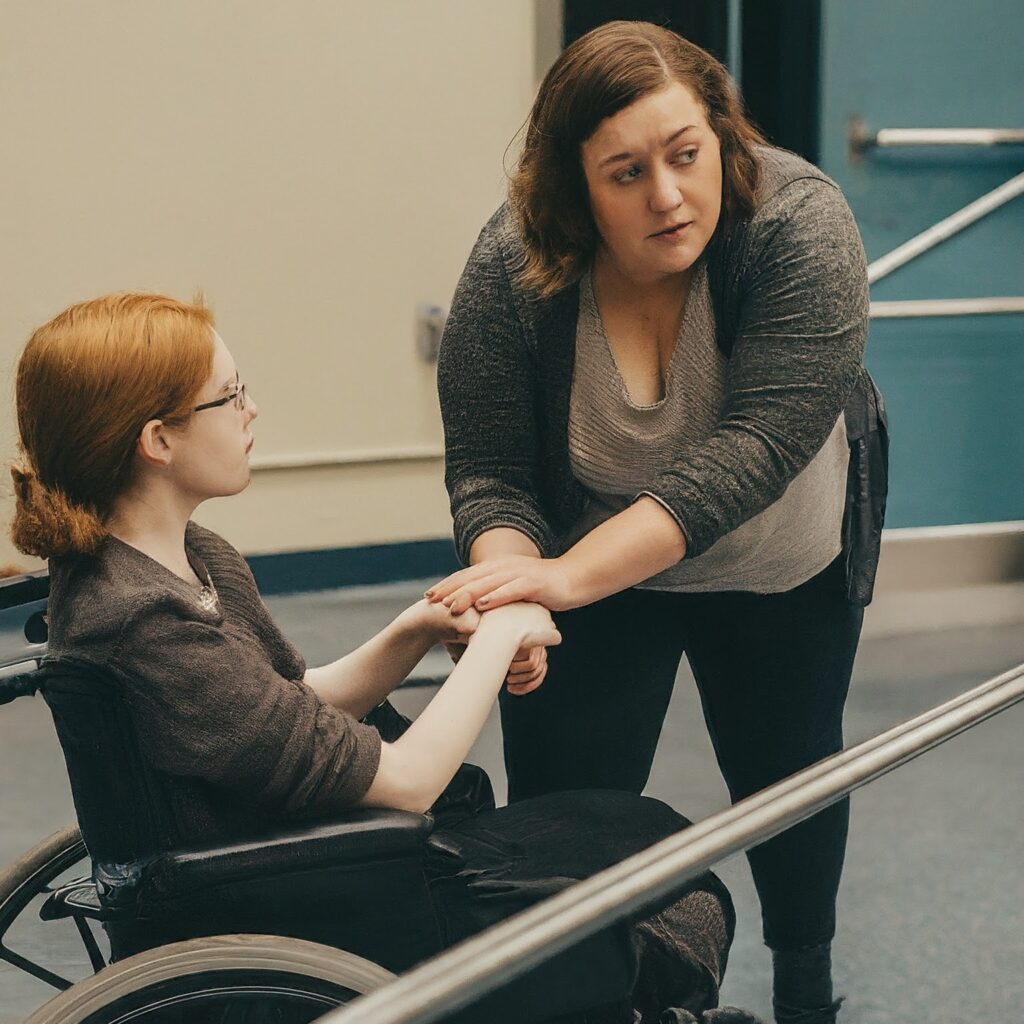
Imagine being thrust into a complex medical maze, facing diagnoses, treatments, and a whirlwind of decisions. Fear and confusion cloud your judgment, leaving you vulnerable. Now, imagine someone walking beside you, guiding you through the maze, advocating for your needs, and ensuring your voice is heard. That’s the power of a volunteer patient advocate.
Being a patient advocate isn’t just about offering emotional support, though that’s certainly crucial. It’s about becoming empowered knowledge for someone navigating the often-daunting healthcare system. It’s about empathy in action, ensuring they receive the best possible care and feel heard along the way.

What Does a Volunteer Patient Advocate Do?
The specific duties of a patient advocate can vary depending on the organization and individual needs. However, some common tasks include:
- Providing emotional support and companionship: Listening to patients’ concerns, answering questions, and simply being a calming presence during a stressful time.
- Helping patients understand their diagnoses and treatment options: Researching medical information, breaking down complex terminology, and explaining different options in a clear, concise way.
- Accompanying patients to appointments: Acting as a supportive presence and helping them ask questions, voice concerns, and understand the doctor’s explanations.
- Assisting with paperwork and navigating the healthcare system: Helping patients understand insurance forms, appointment scheduling, and accessing different healthcare resources.
- Advocating for patients’ rights: Ensuring their wishes are respected, promoting informed consent, and addressing any concerns about care or communication.
Who Can Be a Volunteer Patient Advocate?
The beauty of becoming a patient advocate is that you don’t need extensive medical expertise. Passion, empathy, and a willingness to learn are the key ingredients. Many organizations offer training programs to equip you with the necessary knowledge and skills.
What are the Benefits of Volunteering?
Being a patient advocate is a rewarding experience on many levels. You get to:
- Make a real difference in someone’s life: Your support can provide invaluable comfort and guidance during a challenging time.
- Gain valuable knowledge and skills: You’ll learn about the healthcare system, communication, and advocacy, benefiting you personally and professionally.
- Connect with your community: You’ll meet other volunteers and patients, building meaningful relationships and fostering a sense of belonging.
- Experience personal growth: Witnessing others’ resilience and the impact of your support can be deeply inspiring and transformative.
Also Read: Patient Advocate: Empowering Patients with a Guide to Becoming One
Ready to Become a Patient Advocate?
Here are some resources to get you started:
- National Patient Advocate Foundation: https://financialaid.patientadvocate.org/
- Partnership for Public Service: https://www.patientadvocate.org/
- AARP Public Policy Institute: https://www.aarp.org/caregiving/health/info-2018/health-care-advocate.html
FAQs:
- Do I need any medical experience? No, most organizations prioritize empathy and communication skills over medical knowledge. Training is provided.
- How much time does it commit? Time commitment varies depending on the organization and your availability. It can range from a few hours a week to a few hours a month.
- Where can I volunteer? Hospitals, clinics, community centers, and advocacy organizations often seek patient advocates. Research opportunities in your area.
- What if I have questions or concerns? Don’t hesitate to reach out to the organization you’re interested in volunteering with. They’ll be happy to answer your questions and address any concerns.
Also Read: Guide to Patient Advocate in USA | Top 10 CPA’s around you
So, are you ready to embark on this meaningful journey? Become a volunteer patient advocate today and illuminate the path for someone in need. Your empathy and support can make a world of difference, guiding them from the shadows of fear towards the light of hope and healing.





